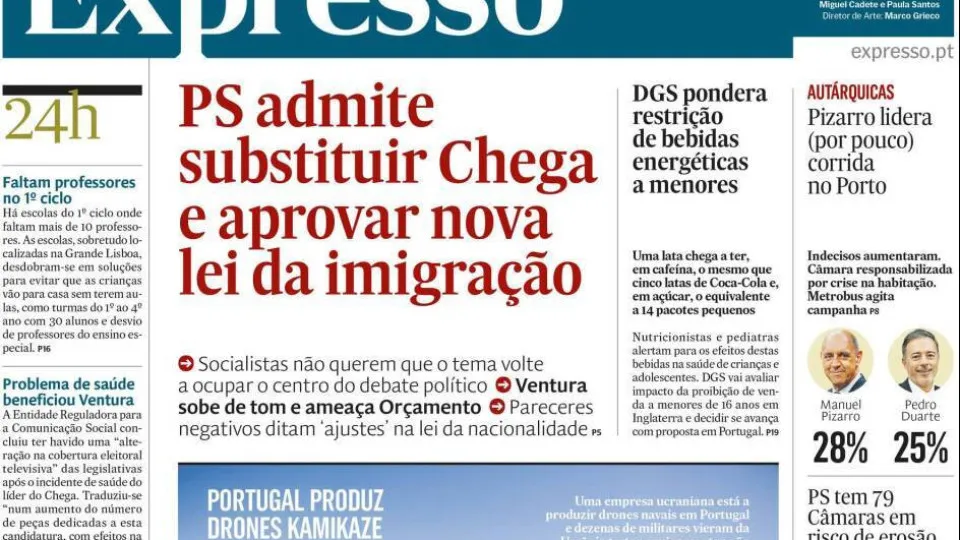
The chair of the Portuguese Nutritionists’ Association revealed that there are currently around 200 approved internships, compared to just 120 two years ago. This increase occurs despite around 400 graduates annually leaving universities with degrees in Nutrition Sciences or Dietetics and Nutrition.
In December 2023, a new statute for the association was enacted following the approval of the Professional Orders Law. This statute mandates that intern nutritionists receive a minimum compensation equivalent to the monthly minimum wage plus an additional 25%.
At that time, according to Liliana Sousa, the professional association observed a decrease in internship opportunities despite efforts to establish agreements. However, there has been a recovery in the number of available positions since November 2024.
Sousa attributes this change to the realization by institutions that once halted offering internships, that interns “were important and made a difference” in their work, even with the associated salary costs.
Despite this progress, she emphasizes that the current numbers fall “far short of the needs of recent graduates.” Consequently, the association advocates for the abolition of this step, as all degrees providing access to the profession include curricular internships.
In March of this year, discussions on related legislation were scheduled in the Assembly of the Republic. However, these initiatives were disrupted by the dissolution of parliament, and discussions have since resumed with various parliamentary groups during the current legislative session.
The National Association of Nutrition Students (ANEN) also supports the elimination of the internship requirement for entering the profession, arguing the lack of resources for all recent graduates to complete this stage.
“ANEN reaffirms its stance on eliminating the internship requirement, emphasizing the value of the integrated curricular internship in academic education granting the professional title of nutritionist,” the association wrote.
Sousa also highlighted an additional issue with the new statute requiring that professional qualification assessments include a jury member of recognized merit who is not a nutritionist.
“We have faced unavailability from such recognized individuals,” Sousa lamented, noting that the association had to cancel 50% of public exams related to reports and 34% concerning ethical knowledge assessments by September 19.




